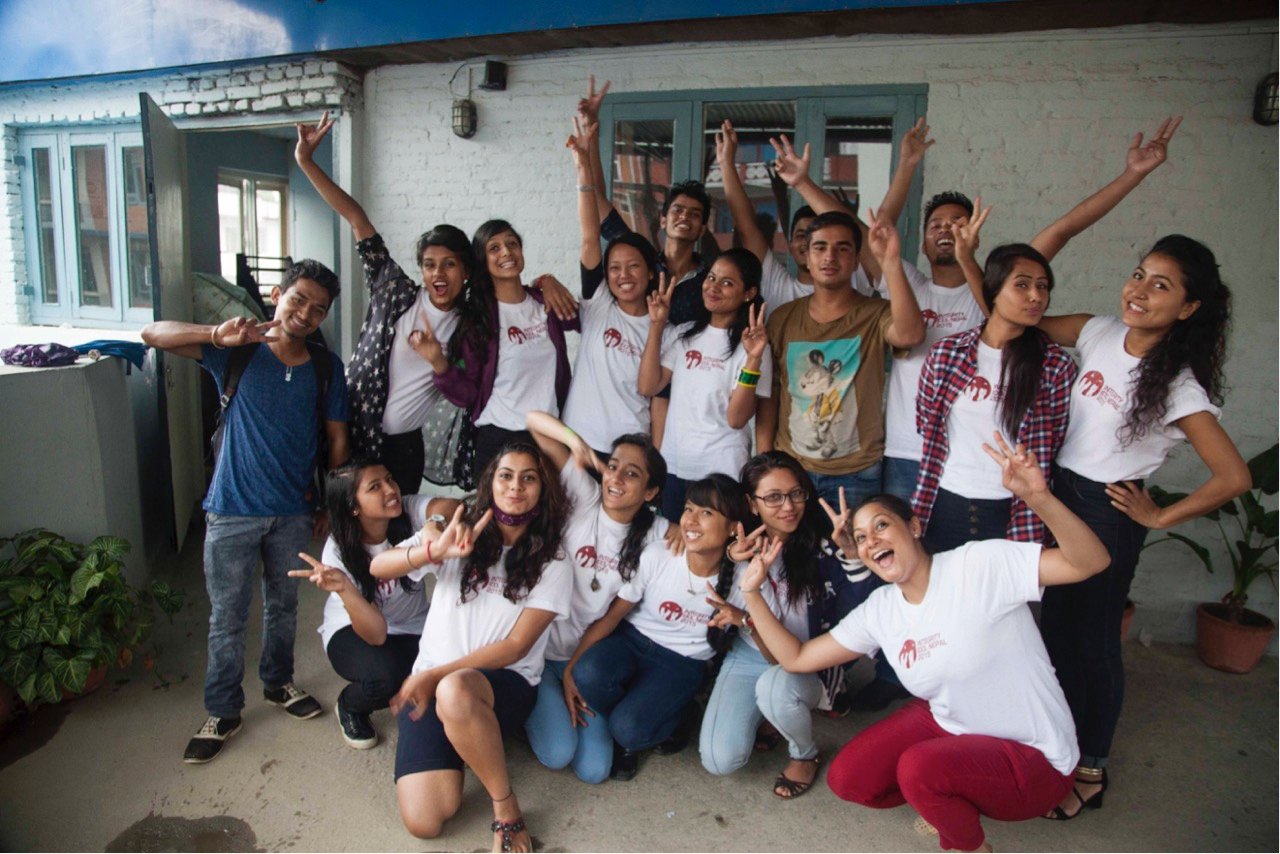NEWS
June 6, 2016

IN BRIEF
By: Anne Sophie Ranjbar, Associate Director Almost half of the global population is under the age of 25, so, as we try to create truly representative citizen engagement, youth must play a central role. At the GPSA‘s recent Global Partners Forum, we joined Save the Children and in leading a workshop on why and how youth are strategic stakeholders in social accountability efforts. In case you missed it, here are a few key insights gathered from our four years of working with youth on the ground: Youth are the key to changing culture and shifting norms. The only truly sustainable solution is to [...]
SHARE
By: Anne Sophie Ranjbar, Associate Director
Almost half of the global population is under the age of 25, so, as we try to create truly representative citizen engagement, youth must play a central role. At the GPSA‘s recent Global Partners Forum, we joined Save the Children and in leading a workshop on why and how youth are strategic stakeholders in social accountability efforts. In case you missed it, here are a few key insights gathered from our four years of working with youth on the ground:
- Youth are the key to changing culture and shifting norms. The only truly sustainable solution is to the persistent, deep-rooted problem of corruption is to shift the direction that youth are headed. This younger generation is not yet entrenched in systems of patronage and corruption. They are open to new ways of thinking, excited about changing the status quo, and continually learning. That is exactly what the accountability sector needs. We can shift societal norms and build a culture of integrity by catalyzing a new generation of active citizens and responsible leaders. For example, one of the young people we support in Liberia started a media outlet called The Bush Chicken to set new standards for accountable journalism, by providing accurate and objective information and investigative reporting on key social issues.
- Mentors and role models are important resources. We can help youth reach their potential through proactive, hands-on mentorship. This means first helping them to understand their rights and responsibilities, and then continually being there for them to bounce ideas off of, connect them to broader networks, and help them learn organizational management best practices. Positive role models can also inspire them to become the change-makers we hope to support. For example, our Integrity Idol program profiles exceptionally honest government officials on national television, in order to foster a desire to join the government and serve their community.
- Youth have valuable skills for movement building. Some organizations feel young people lack experience to navigate bureaucratic systems or participate in more traditional accountability mechanisms. However, the unique skills that youth possess fill many gaps in existing accountability efforts. Their abundant creativity and fresh perspective can help overcome challenges and propel change. Their infectious enthusiasm and strong social networks can quickly mobilize communities. And their tech savviness gives them access to new information and communication channels. For example, our Accountability Ambassadors in Rawalpindi, Pakistan have been using Twitter to report service delivery issues in the education and health sectors, and local government officials have been responding and taking action as a result!
- We need to meet them where they are. Traditional accountability trainings and workshops are not built for youth. The most effective way to involve youth in accountability issues is through the channels that they find interesting and in which they’re already active in/on: arts, social media, sports, and popular culture. They want to be inspired, and to feel like they’re part of a community. For example, children as young as 8 years old have been able to actively participate in our Accountability Film School in Liberia and create mini documentaries about an accountability issue they care about. Then, as we host a national film festival to share their films, power-holders have the opportunity to not only communicate with youth, but to see accountability issues directly through the eyes of youth.
- Let them be active change agents, rather than passive beneficiaries. Social accountability is all about shifting power to citizens, so we need to include youth in that power-shift. We need to give them hope that they can create a different reality, and make a real difference in their community. Through our Accountability for change-makers under age 35 (or “accountapreneurs” as we like to call them), we strive to set an example of supporting accountability initiatives for youth by youth. For example, in one of our accountapreneurs’ projects, Civic , volunteer college students lead 8th and 9th grade students in interactive civic education activities, such drafting a mock constitution or investigating accountability issues in their community.
The workshop seemed to reach a consensus that children and youth are the future of social accountability. However, participants voiced key challenges to successfully engaging and empowering youth people: they are rarely represented in the policymaking process; their participation in social accountability activities may be hindered by parents or community members who view it as a threat or distraction; and grassroots, youth-led initiatives are not always conducive to scaling. The GPSA community must work together to bridge the gap between youth and power-holders, help youth test out and scale their ideas, and create a supportive ecosystem for them to be a part of.
Meet the rest of our inspiring, young accountapreneurs here, and support our youth driven movement here. Follow us on Twitter @accountlab.
